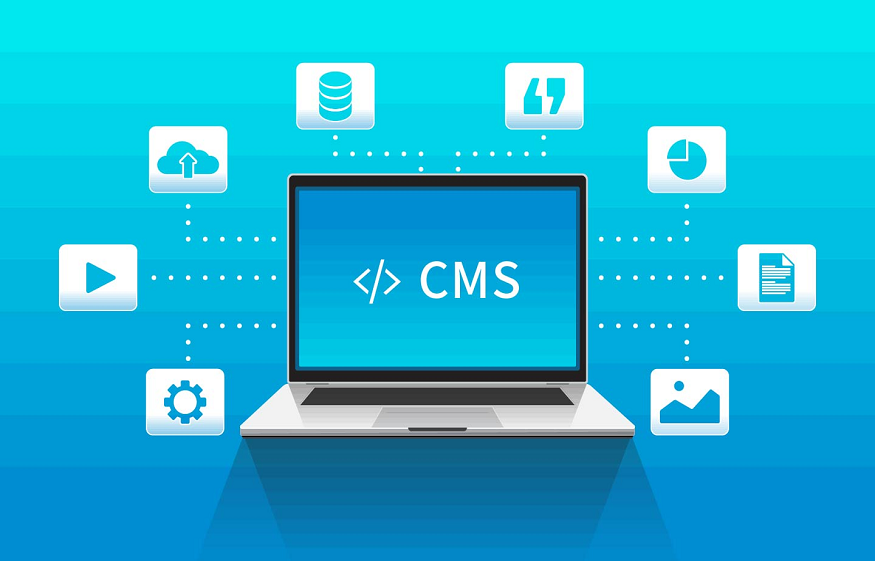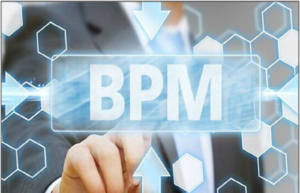Your Guide to Selecting the Best CMS for Media Companies

In the rapidly evolving digital media landscape, selecting the right Content Management System (CMS) is crucial for media companies seeking to deliver high-quality, engaging content efficiently. Whether managing a large newsroom or running a specialized blog, a robust CMS streamlines content creation, enhances collaboration, and ensures content reaches audiences effectively across multiple channels. This guide provides an in-depth look at the best CMS options for media companies and what factors to consider when making a choice.
Why Choosing the Right CMS Matters
The best CMS for media companies is more than just a platform for publishing content; it is the backbone of a media company’s digital operations. The right system allows teams to:
- Publish content quickly and efficiently
- Maintain editorial standards through workflow management
- Optimize content for search engines
- Analyze audience engagement and performance metrics
- Scale operations as the organization grows
Without a suitable CMS, media companies may face inefficiencies, slow publishing cycles, and limited growth potential.
Essential Features for Media Company CMS
When evaluating CMS platforms, media companies should prioritize features that support both editorial and technical requirements:
- Scalability
Media sites often experience fluctuating traffic, especially during breaking news events. A CMS that can handle high traffic volumes and large content libraries ensures consistent performance. - Multichannel Publishing
Content today reaches audiences across websites, mobile apps, newsletters, and social media. A CMS that supports omnichannel distribution allows companies to manage and deliver content seamlessly across multiple platforms. - Workflow and Collaboration Tools
Editorial teams require systems that manage roles, permissions, and content approvals. Features like editorial calendars and content scheduling simplify coordination among writers, editors, and designers. - SEO and Analytics
A CMS should include tools for search engine optimization and provide insights into audience behavior, helping teams tailor content for maximum impact. - Security and Compliance
Protecting content and user data is essential. Features such as encryption, authentication, and regular software updates help mitigate security risks.
Top CMS Options for Media Companies
WordPress VIP
WordPress VIP is an enterprise-grade version of the widely used WordPress platform, offering flexibility and scalability for large media organizations. Its extensive plugin library and customizable themes make it suitable for complex websites with diverse content needs.
Pros: Highly customizable, intuitive interface, optimized for high traffic
Best For: Large publishers needing a flexible, scalable solution
Drupal
Drupal is a powerful open-source CMS recognized for its robustness and security. It is highly customizable, making it ideal for organizations with complex publishing requirements.
Pros: Strong security, highly flexible architecture, active community support
Best For: Large-scale media companies with technical teams capable of customization
Contentful
Contentful is a headless CMS, separating content management from presentation. This API-first approach allows content to be distributed across websites, mobile apps, and other digital platforms efficiently.
Pros: Flexible content delivery, developer-friendly, supports multichannel publishing
Best For: Media companies focused on omnichannel digital experiences
Ghost
Ghost is a minimalist CMS designed for simplicity and speed. It is particularly suitable for blogs and small media outlets seeking an easy-to-use platform.
Pros: Clean interface, fast performance, built-in SEO tools, subscription management
Best For: Independent publishers and niche media companies
Stibo DX (Cue)
Stibo DX, also known as Cue, is a cloud-native CMS tailored for newsrooms and large-scale media operations. It offers advanced tools for multimedia storytelling and multi-channel content distribution.
Pros: Multimedia content support, integration capabilities, cloud-based flexibility
Best For: Large media organizations prioritizing storytelling and operational efficiency
Key Considerations Before Choosing a CMS
- Budget
Consider both upfront costs and ongoing expenses, including licensing, hosting, and maintenance. Some enterprise-grade CMS platforms may require significant investment, but they often provide scalability and advanced features. - Technical Expertise
Evaluate your team’s technical capabilities. Some CMS platforms require in-house developers, while others are more user-friendly for non-technical staff. - Integration Needs
Ensure the CMS integrates with existing tools such as analytics platforms, customer relationship management systems, and marketing automation software. - Support and Community
Reliable customer support and an active user community are invaluable for troubleshooting, training, and sharing best practices. - Future Growth
Select a CMS that can scale with your organization. As your media company expands, the CMS should accommodate increased traffic, more contributors, and evolving content strategies.
Conclusion
Choosing the right CMS is a critical decision for media companies, impacting productivity, content quality, and audience engagement. WordPress VIP and Drupal offer comprehensive solutions for enterprise-level publishers, while Contentful and Stibo DX provide flexibility and advanced features for multichannel publishing. Ghost is ideal for those seeking simplicity and speed.







